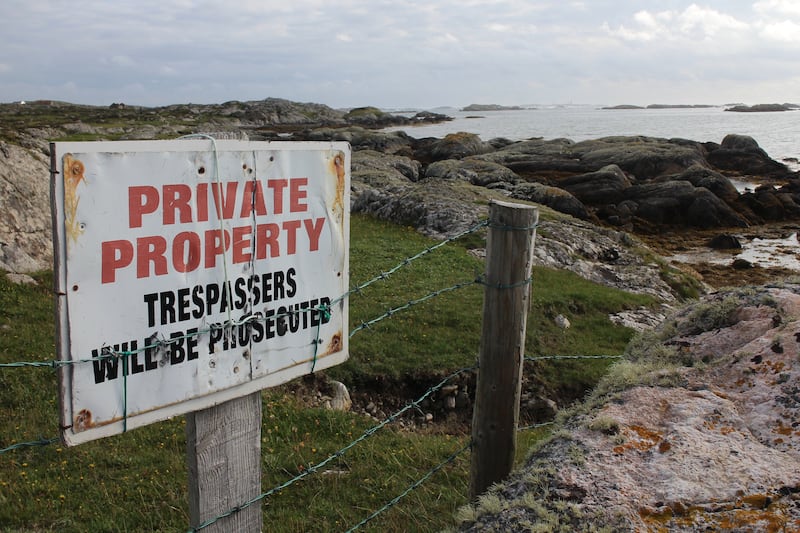You'll go a long way to find a term in the Northern Ireland political lexicon more classist than ‘loyalist'.
Once used to describe a particular brand of non-conformist unionism whose primary loyalty was to the British crown and conditional on it upholding the Protestant faith, loyalists historically were not exclusively 'Big House', professional class, or the sole preserve of the working man, as it was back then.
Edward Carson, born into a wealthy Dublin family, often invoked the spirit of loyalism, while Ian Paisley, a teetotal, self-styled man of God, once liked to describe himself as a loyalist but gradually jettisoned the term as the DUP moved closer to power.
These days it applies to a sizeable demographic that tends to inhabit sprawling edge-of-town housing estates and what's left of unionism's once-thriving urban heartlands. There's not so much a glass ceiling as a geographic apartheid that contains these marginalised, working class unionist communities. There’s much more to them than the shaven-headed, tattooed caricature yet this is usually the sole perception the public takes away.
The media carries much of the responsibility for this, using the term loyalist in contexts where the association is often unambiguously negative. For decades it has been employed as shorthand to denote someone with paramilitary associations, who perhaps for legal reasons, and sometimes because of sensitivities, is better not described as a UVF, UDA or LVF member. 'Drug dealing loyalist', 'loyalist gang' and 'loyalist feud' are common couplings that serve to reinforce the stereotype.
At the time of the Good Friday Agreement, the voice of working class unionism was at its strongest. A schism had emerged between the previously allied wings of non-establishment unionism – the mainly rural, fundamentalist Paisleyites on one side and the urban, secular, paramilitary-aligned Progressive Unionist Party (PUP) and Ulster Democratic Party (UDP) on the other. The so-called fringe loyalists leaned towards the left.
David Ervine epitomised the new breed of class-conscious unionist. For the first time he and his cohorts eschewed the tribalism of their predecessors and instead highlighted similarities with their nationalist counterparts, who likewise were victims of economic and social injustice.
Read more:
- Parties 'close to thinking of loyalist paramilitaries' now even further on fringe
- Tom Kelly: Loyalism needs another David Ervine, not today's empty vessels
For a variety of reasons, including mainstream unionist backlash and the prevalence of criminality in the ranks of paramilitary groups that were supposed to be redundant, the fringe loyalist project failed to maintain momentum. Ervine’s death at the age of 53 in many ways provided a bookend to a political movement that promised so much but in the end delivered little, apart from an uneasy peace.
The UDP imploded amid acrimony more than 20 years ago, while these days the PUP has just one elected representative. A number of its spokespeople were absorbed into the mainstream unionist parties, bringing with them electoral support but less of the politics that had initially motivated them.
The commonalities with those across the peacelines were forgotten and replaced with a narrative that saw politics as a zero sum game in which the unionist working class were the losers.
Today the few who purport to represent the unionist working class tend to be unelected or self-appointed. Yet their ideology is not that espoused by David Ervine. Educational underachievement, lack of employment opportunities and the scourge of substance abuse are overlooked in favour of constitutional and identity politics that bear little or no relation to the everyday lives of the constituency they profess to represent. Blood and thunder rather than bread and butter.
Like the man on Portmarnock beach believing he's found the remnants of a meteorite crater, they are convinced of their qualification to enunciate and the veracity of their own analysis. For them the preoccupation of the unionist working class is not overcoming barriers to employment or choosing whether to eat or heat but the constitutional implications of the Windsor Framework and Leo Varadkar’s apparent aspirations for Irish unity.
The transformation in the semantics of the term ‘loyalist’ will continue but increasingly it appears to apply simply to those who enthusiastically embrace false class consciousness.








